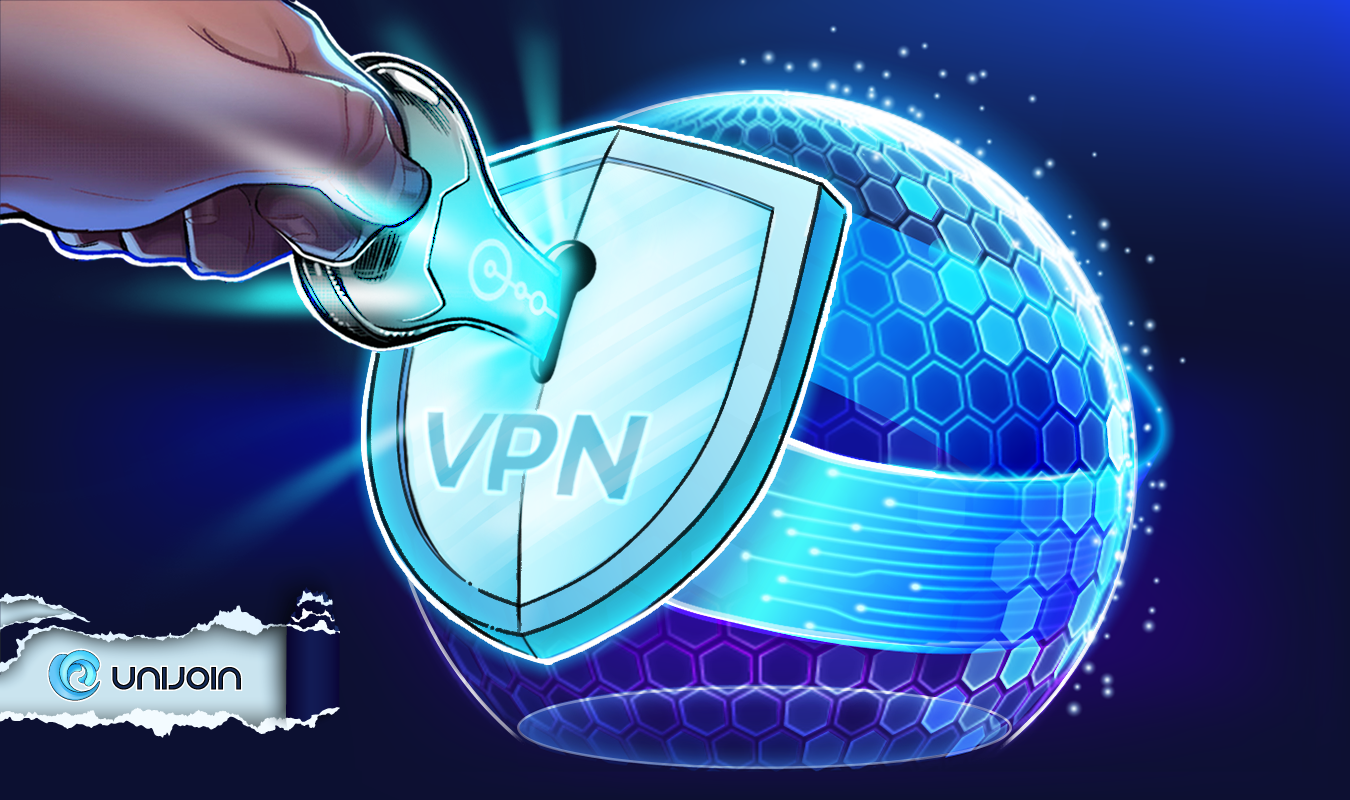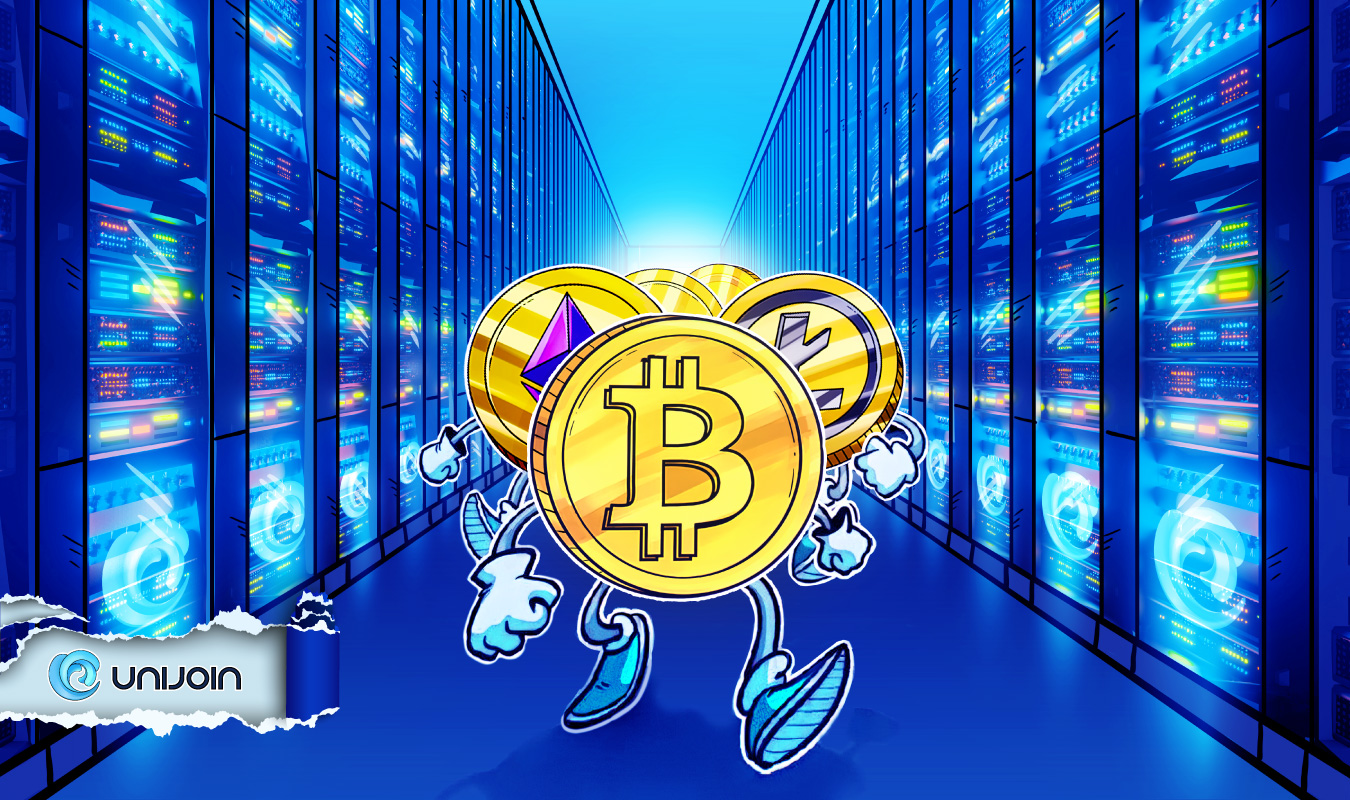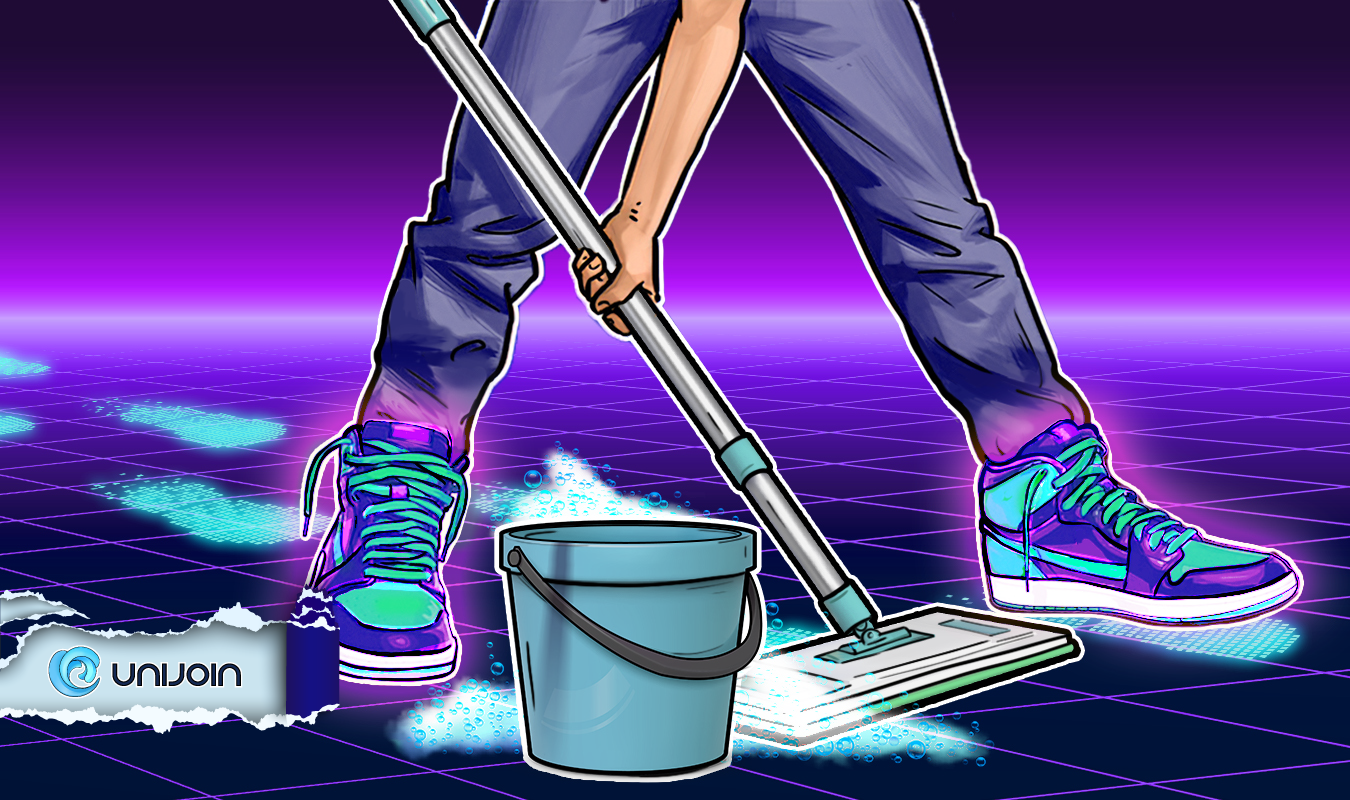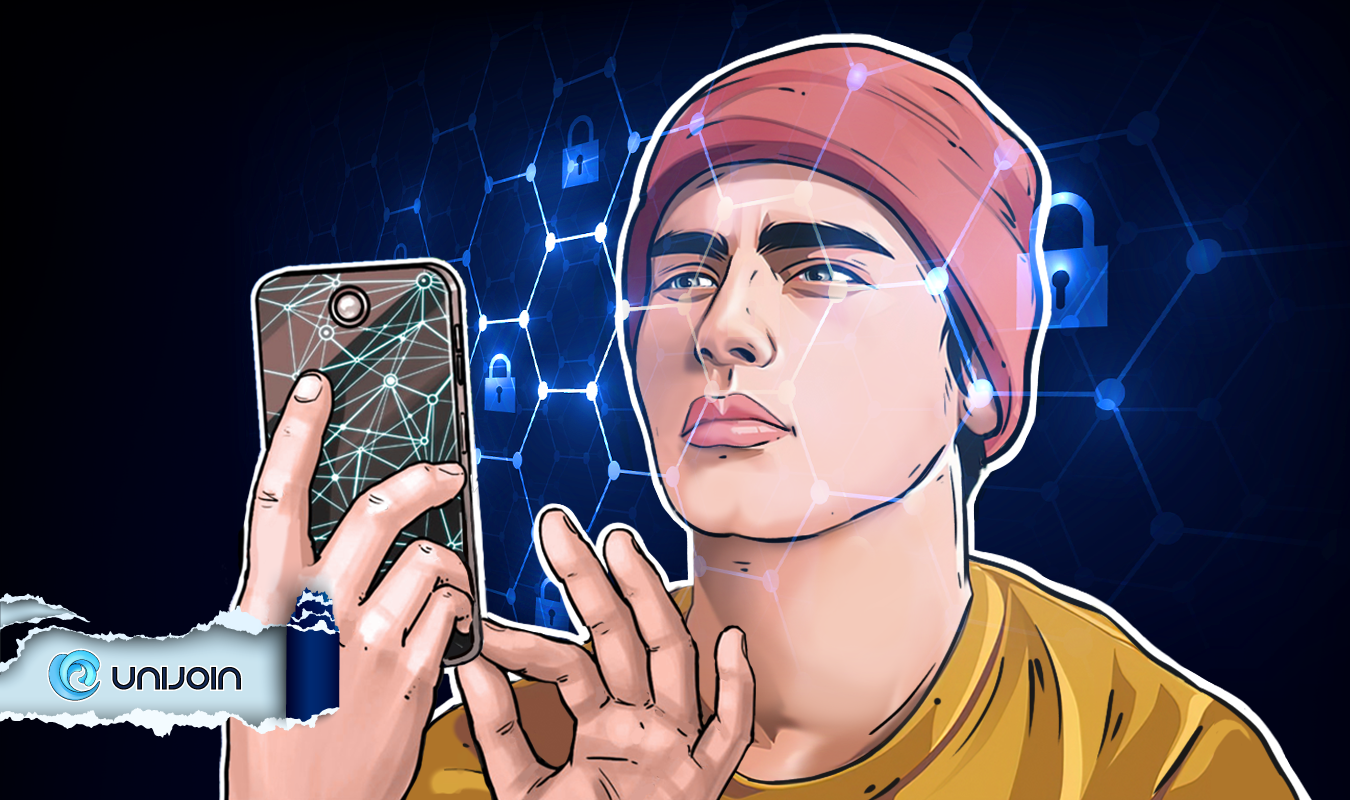
What is a Virtual Private Network (VPN)?
We can’t be too sure about what we leave behind as we surf the internet. As the digital space becomes wider and wider, an increasing number of bots and programs are being developed that could expose our private information.
When you transact over the internet, it’s not only the websites you visit and the programs you use that you should give attention to. You should also look into the degree of security you get from an internet provider.
It’s not new for people to use public networks such as free wifi at the malls or coffee shops, but most are not even aware of the risks involved. When you use a public network, the queries and websites you visit on the internet could potentially be seen by others who share the same network.
A public network is a safety hazard. You could be conducting a vital money transaction using that network, where people can see the credentials you type into the login page.
This is where the use of a Virtual Private Network (VPN) can save the day. It creates an artificial network to protect your information from access by other people through a public network. If you have a VPN, you don’t have to worry about potential hackers snooping around and breaching your privacy.
This article is a guide to Virtual Private Networks. It explains the benefits of using a VPN and how it works. This article also provides information about the three best VPNs available today. You can use the information to decide which VPN best meets your needs and allows you to securely conduct your most private financial transactions, including cryptocurrency trading and Bitcoin mixing.
Reasons To Get a Virtual Private Network
There are several reasons for getting a VPN: to avoid hacking, make your location untraceable, and protect your personal information, thus avoiding potential identity theft.
Think about all the times you have had to connect to any internet connection because of an emergency. Or you may simply like doing your work at a coffee shop because you’re more productive when listening to the background noise.
You’re most likely going to use public wifi that everyone else uses in the area. This is more than enough reason to get yourself a reliable VPN service. You should not have to constantly worry about what extra steps to take to make sure your passwords and location are unreadable and untraceable.
A VPN is also useful when you seek the services of a crypto mixer to anonymize your cryptocurrency transactions. Crypto mixing is a service that cuts the link between you and your wallet address, allowing you to conduct crypto transactions without being tracked on the blockchain.
There are different methods of crypto mixing. One example is UniJoin’s CoinJoin technology, where people create new wallet addresses, pool their traceable coins using their old addresses, and get untraceable coins distributed to their new wallets.
Using a VPN when accessing UniJoin adds a further layer of untraceability to your crypto transactions because even your use of this service is made private.
How Does It Work?
When you use the internet, you’re not keeping all the data you give your computer to the computer only. The internet constantly uploads and downloads data, so you get to see content you’re looking for in real-time.
Data displayed on the internet come in many sizes, and videos and photos often come in bigger sizes than texts.
Most websites nowadays are optimized to look better on any device. The devices themselves are constantly being developed to further improve the speed of information transfer to and from the internet.
What a Virtual Private Network does is filter the data that your device uploads so that those who attempt to snoop around on your surfing sessions will find nothing of your information revealed to them - at least, nothing that’s real.
All the data your computer uploads will need to pass through your network connection’s Internet Service Provider (ISP). With VPN, that data can still be passed along to the ISP, but other users can no longer see the information because it’s encrypted.
This is a process called “tunneling.” In other words, it encapsulates the data you send over to the internet inside another data packet and hides and encrypts it so that no one else can see it.
As for location masking, the VPN service provider’s server will act as a proxy or stand-in for your actual location. When a website tries to find your area, as most of them do, like social media and Google, they see the location of the VPN server, not your location.
What Are the Best VPNs?
Now that we know how VPNs work and how they can protect your privacy, it’s time to choose which VPN service providers do the job well, so you don’t end up wasting your time and money.
NordVPN
One of the best-known VPNs, NordVPN not only gives you protection but also remains among the fastest VPNs in the market.
It has a SmartPlay technology feature that protects you when you access content on the internet. With this technology, the user can bypass any content that is otherwise restricted by the user’s ISP.
When using a VPN, it’s a known tradeoff that part of your internet speed will have to slow down because of the long process that the data has to go through, like encryption and rerouting, before it reaches the designated place.
However, NordVPN is designed to have a massive pool of IP addresses that it purchases from ISPs and gets from those who voluntarily give part of their bandwidth to provide NordVPN users with the necessary speed. Thus, NordVPN users do not feel the internet slowing down.
The lowest price you can get for a NordVPN subscription is $3.71 per month for a two-year plan. It has a 30-day money-back guarantee, so you’re allowed to opt-out if ever you think it’s not worth it to use.
ExpressVPN
ExpressVPN has more than 3,000 server locations across 94 countries, and the developers are only adding more over time to improve their customers’ speed and protection.
While NordVPN has a massive number of servers at 5,000, there are only about 60+ countries in which those servers are located. Since the internet speed is maintained if the user can access a server near their actual location, having more spread-out server locations is a massive advantage for ExpressVPN.
This VPN has an excellent service for people who don’t have time to learn everything about VPN to access its full benefit. Upon opening the program, the user will see a large power button on the screen, making it clear that all it takes to protect yourself with VPN is a single button.
Because it has a large selection of countries to base an artificial location in, ExpressVPN offers users an added benefit. They gain access to a more extensive selection of shows and movies on Netflix, including those that may be exclusive to a specific country.
Norton Secure VPN
Norton Secure VPN is popular for its LifeLock identity theft protection. Aside from providing users with an option for anonymity, Norton Secure VPN has a split-tunneling feature.
Split-tunneling allows users to exclude a particular app or website from being masked by the VPN tunnels. This is good for websites that specifically block VPNs, like banks.
Although it does not have as many server locations as NordVPN and ExpressVPN, Norton Secure VPN still has a massive number of them at about 2,000+.
Conclusion
There have been cases of people being subjected to hacking online, having their bank accounts accessed and their money stolen, or their identities assumed for illicit activities.
It’s not only individuals that have been victimized; companies have suffered losses because of their use of an unsecured network that made their servers vulnerable to hacking.
Nothing on the internet is genuinely safe unless you can trust the website not to collect information about you when it’s not needed. However, most websites do otherwise because tracing your surfing behavior enables them to tailor ads to show you in the future.
VPN ensures that this doesn’t happen and prevents the website from stealing your data. It establishes a connection to ISPs like regular browsing, but the data sent through them are already encrypted and unreadable.
This will ensure that only you and the trusted party (the receiver of the information inside the data) can access what you sent.
Similar Articles

Use UniJoin to
Anonymize
your cryptos



